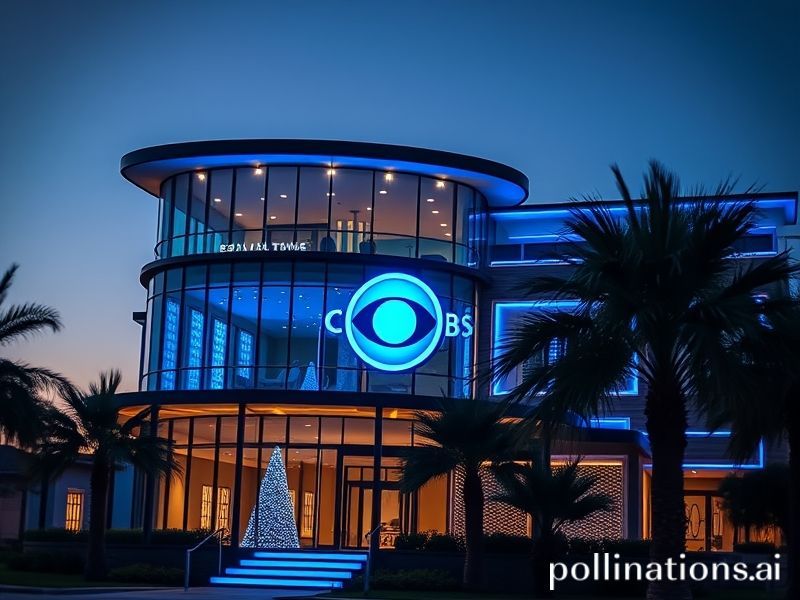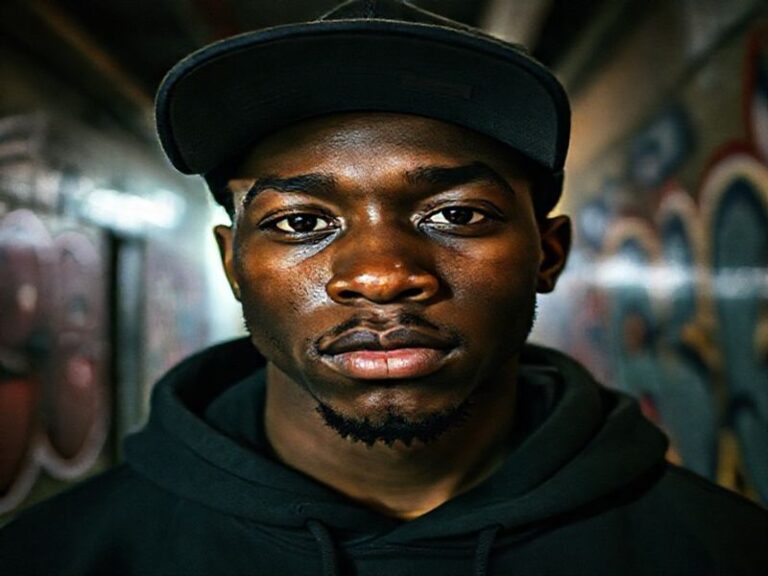Global Panopticon: How CBS’s Big Brother Became the World’s Most Honest Export
**The Panopticon Goes Prime-Time: How CBS’s ‘Big Brother’ Became the World’s Accidental Reality Check**
While the planet burns through its twenty-first-century adolescence, 16 Americans have volunteered to spend their summer locked in a soundstage bungalow, performing sincerity for cameras that never blink. CBS’s “Big Brother”—now limping into its 26th U.S. season—has become the West’s most honest export: a glittering confession that we will trade dignity for Instagram followers faster than you can say “surveillance capitalism.”
Internationally, the franchise operates like a linguistic Rorschach test. In Brazil it’s “Big Brother Brasil,” where contestants samba straight into the arms of Globo’s ratings department. The Brits serve it with class anxiety and tea. India colors it with saffron and family melodrama. Yet from Johannesburg to Jakarta, the format’s skeletal promise remains identical: submit to total observation, win cash, emerge “famous.” Somewhere, George Orwell’s estate is invoicing for trademark infringement.
The joke, of course, is that the houseguests aren’t the real prisoners—we are. While they squabble over protein powder and form showmances with the lifespan of a mayfly, the rest of us mainline their humiliation through VPNs and pirated streams, grateful that our own metadata dragnets remain slightly less televised. Chinese viewers watch on Douyin clips to see how democracy handles omnipresent cameras (answer: poorly, but with better lighting). European audiences treat it as a cautionary exhibit: look what happens when you give Americans alcohol and nowhere to carb-load in private.
Global politics have crept inside the compound walls. Season 21’s “Camp Director” twist aired weeks before the U.S. pulled out of Afghanistan—an accidental masterclass in arbitrary authority. Contestants of Middle Eastern descent have been evicted to the soundtrack of MAGA tweets, providing real-time case studies for sociology departments from Ankara to Auckland. When a houseguest casually wonders “where is Moldova?” on the live feed, the entire Eastern bloc winces in unison, remembering every American who ever deployed their country as a punch line.
Economically, the show is a neoliberal haiku. Sponsors pay millions so contestants can win thousands, a wealth-transfer ratio that would make IMF bankers blush. Viewers in Argentina—where inflation mocks the very concept of savings—watch contestants gamble $5,000 on a veto competition and feel the familiar sting of monetary surrealism. Meanwhile, production crews in Fiji (where the celebrity edition shoots) earn local wages assembling American fantasy one coconut reward at a time. The circularity is almost poetic: first-world eyeballs fund third-world labor so first-world narcissists can pretend to survive without Wi-Fi.
Technologically, “Big Brother” has become a stress test for the world’s voyeuristic infrastructure. When the live-feed servers crash under the weight of Turkish fans hate-watching, Silicon Valley engineers scramble like it’s NATO Article 5. The house’s voice-activated Amazon Echo—product placement wearing a dystopia costume—has responded to contestants in Hindi, Spanish, and, allegedly once, Klingon, proving that even artificial intelligence suffers from imperial overreach.
What does it mean that, as wildfires evaporate Canadian towns and algorithms goose-step across elections, millions tune in to watch strangers argue about dish soap? Perhaps nothing. Perhaps everything. The show persists because it scratches an ancient itch: the desire to know that someone, somewhere, is behaving worse than we are under watch. It’s the comfort food of a surveilled age—low-calorie shame we can ration in 42-minute portions.
When the final jury votes and the confetti cannons misfire (they always do), the winner collects a check that could purchase roughly one-eighth of a Beijing parking space. The losers return to Instagram obscurity, their follower spikes already necrotizing. And we, the invisible audience, close fourteen browser tabs of other people’s humiliation, convinced for one more night that the glass is one-way.
Sleep well. The cameras certainly will.







